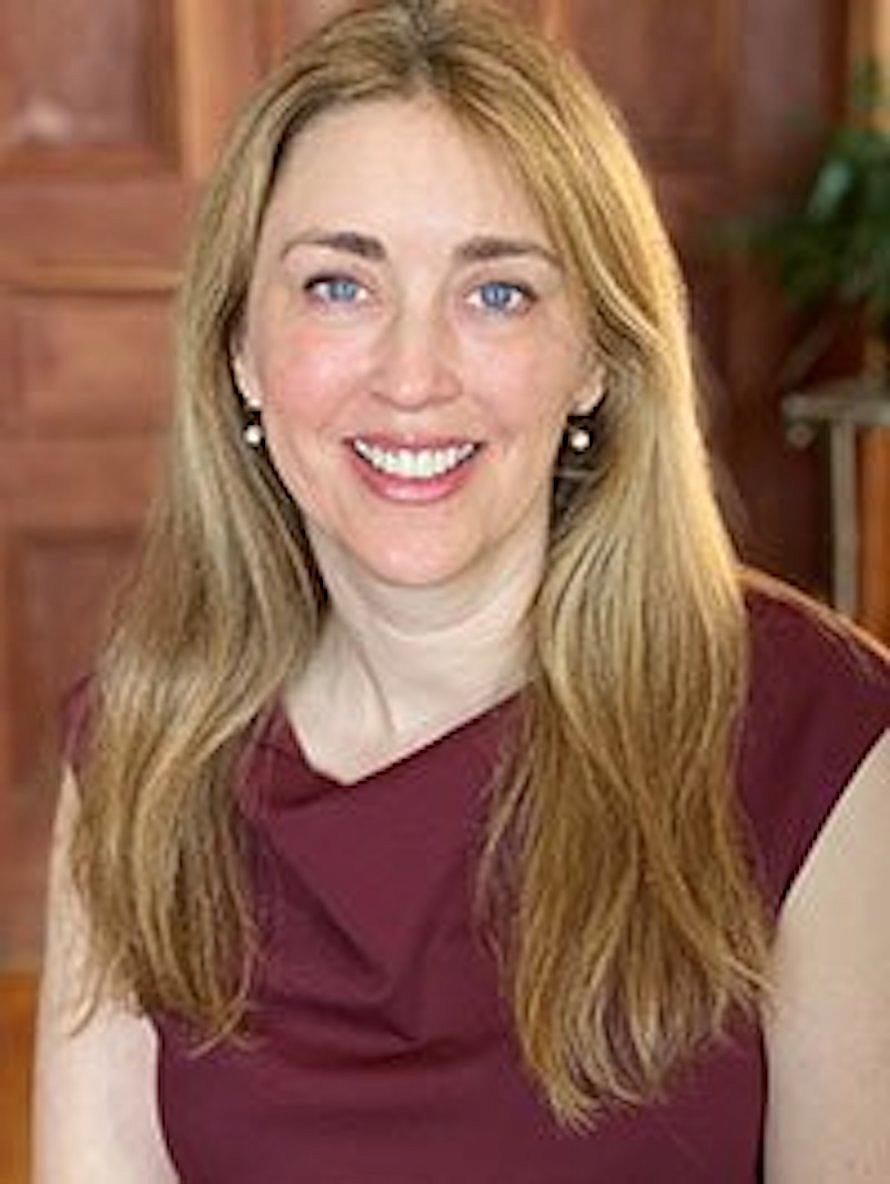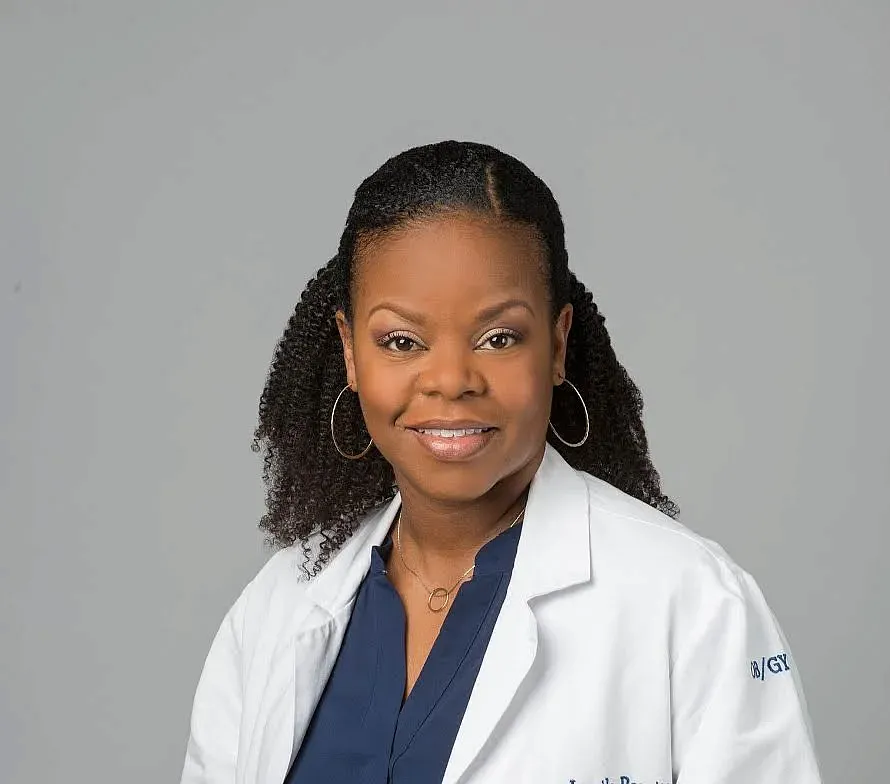Reproductive Health Care in Post-Roe America
The landscape for reproductive health care has changed dramatically since the Supreme Court overturned Roe v. Wade. Abortion is banned or severely restricted in 15 states, home to a quarter of U.S. women of reproductive age and the majority of Black Americans. There were an estimated 24,290 fewer legal abortions in the nine months following the Court decision, and tens of thousands of women traveled to states where abortion remains available. An underground network of abortion pill providers expanded to help people terminate their own early pregnancies while a lawsuit threatens nationwide access to one of the drugs commonly used in the abortion medication regimen, mifepristone. Among the dozens of shuttered abortion clinics, 26 also provided a range of sexual and reproductive health services such as birth control and STD testing; their closure eliminated an important source of health care in underserved communities. This webinar will provide an update on the shifting terrain of abortion access, look at policy developments on the horizon, and explore the health, psychological and economic impact on women and families, particularly low-income women of color who disproportionately seek abortion and often lack the resources to navigate around the barriers. We’ll also discuss the challenges facing physicians practicing within the most politicized area of medicine. Reporters will come away with a deeper understanding of the far-reaching implications of new abortion laws and policies, and with fresh ideas and resources for reporting on the profound human impact.
This webinar is free and made possible by the Commonwealth Fund, the National Institute for Health Care Management Foundation and The California Endowment.
Panelists

Caitlin Knowles Myers is the John G. McCullough Professor of Economics at Middlebury College and co-director of the Middlebury Initiative for Data and Digital Methods. She is currently focused on tracking the changing landscape of abortion access in the wake of Roe’s demise and disseminating information through abortionaccessdashboard.org and Open Science Framework. She is also working on multiple projects measuring the effects of reductions in abortion access on demographic, health and economic outcomes. She spearheaded the economists’ amicus brief in Dobbs v. Jackson Women’s Health, the Supreme Court case that ultimately overturned Roe v. Wade. She received a Bachelor of Arts in economics and Latin American studies at Tulane University and a Ph.D. in economics at the University of Texas, Austin.

Jamila Perritt is a board-certified obstetrician-gynecologist and a fellow of the American College of Obstetricians and Gynecologists and the Society of Family Planning. She has been president and CEO of Physicians for Reproductive Health since 2020. She uses her position as a physician advocate to bring attention to systemic inequities affecting access and health outcomes. Dr. Perritt has testified before Congress and spoken extensively with the media about family planning and abortion access. She received her undergraduate degree from Brown University, completed her medical degree at Howard University College of Medicine, did her residency in OB-GYN at Pennsylvania Hospital, and received fellowship training in family planning and a Master of Public Health at The Johns Hopkins University Bloomberg School of Public Health.

Kate Zernike is a national correspondent for The New York Times. She joined the paper in 2000 as an education reporter and has worked across the newsroom, including on the Politics, Styles and Science desks, and in the Washington bureau as a congressional correspondent. She was a member of a team that shared the 2002 Pulitzer Prize for explanatory reporting for a series of stories about Al Qaeda and the terrorist attacks of Sept. 11. She is the author of The Exceptions: Nancy Hopkins, MIT, and the Fight for Women in Science, published this year and based on a story she broke as a reporter for The Boston Globe; and Boiling Mad: Behind the Lines in Tea Party America, published in 2010. Zernike began her career at The Patriot Ledger in Quincy, Mass. She received a degree in history and English from the University of Toronto and a master’s degree from the Graduate School of Journalism at Columbia University, where she has taught as an adjunct professor.
Suggested reading
Texas Judge Says Doctors Can Use ‘Good Faith Judgment' in Proving Abortions. By Kate Zernike, New York Times, Aug 4, 2023.
How a Year Without Roe Shifted American Views on Abortion. By Kate Zernike, New York Times, June 23, 2023.
The state of abortion in post-Roe America. By Rachel Ruben & McKenzie Beard, Washington Post, June 22, 2023.
Projected Health Outcomes Associated With 3 US Supreme Court Decisions in 2022 on COVID-19 Workplace Protections, Handgun-Carry Restrictions, and Abortion Rights. By Adam Gaffney, David U. Himmelstein, Samuel Dickman, Caitlin Myers, et al, JAMA Network, June 8 2023.
How Abortion Providers are Navigating the Swiftly Changing Legal Landscape, By Geoff Bennett and Karina Cuevas, PBS. April 13, 2023.
What Does ‘Abortion’ Mean? Even the Word Itself is up for Debate. By Kate Zernike, New York Times, Oct. 18, 2022.
Andrew Van Dam, Women Denied Abortion Struggled More Financially After, Study Shows. Washington Post, May 6, 2022.
Economists Can Tell You That Restricting Abortion Access Restricts Women’s Lives. By Caitlin Myers, Washington Post, Nov. 29, 2021.
How Far is Too Far? New Evidence on Abortion Clinic Closures, Access, and Abortions. By Jason Lindo, Caitlin Myers, et al, Journal of Human Resources, May 2019.
Measuring the Burden: The Effect of Travel Distance on Abortions and Births. By Caitlin Knowles Myers, IZA Institute of Labor Economics Discussion Paper, July 2021.
To Protect Abortion Rights for All, We Must Address the Inequities in Care That are Killing Us. By Jamila Perritt, Rewire News, April 27, 2020.
Resources for Journalists Reporting on Abortion, Physicians for Reproductive Health.
